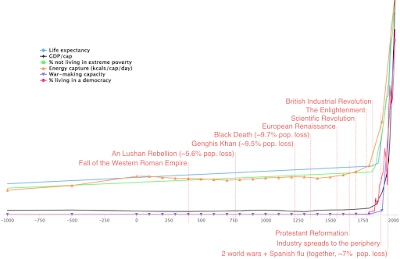Did Confrontation Really Work in the Civil Rights Movement?

I've recently wrapped up reading Taylor Branch's Pillar of Fire , the book covering 1963-1965 in a three-part series on the civil rights movement. I've been reading through the series in large part for its insights for animal advocacy in particular and social and political dynamics in general. The civil rights movement is one of the most commonly cited pieces of evidence for why protests and grassroots activism work. (It's certainly overly cited in the animal advocacy context.) Despite that, I'm ending the book with doubts about whether confrontational activism worked even in the civil rights movement. To be clear, Pillar of Fire and its prequel Parting the Waters document short-run nonviolent triumph over the forces of segregation: children pushing through firehoses in Birmingham and marches to the Selma voting registrar's office. The civil rights movement's discipline yields political rewards. The political party most allied to them, the Democrats, win a...



